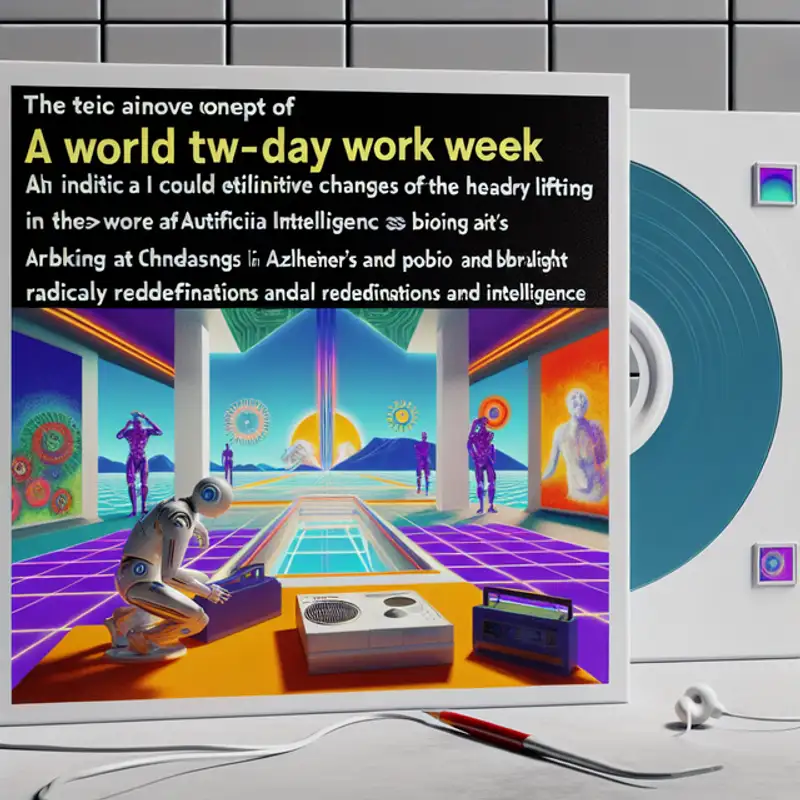Hold onto your ergonomic desk chairs — Bill Gates says the future of your work week might only span two days, and you can thank artificial intelligence for that potential break. In a recent interview on The Tonight Show with Jimmy Fallon, Gates mused about a future where AI handles much of the heavy lifting across industries, leading to a complete transformation of how — and how long — we work. From tackling healthcare shortages to fighting diseases like Alzheimer’s and polio, Gates sees AI not only improving productivity but also reshaping what society values most. But he cautions: while it’s a hopeful vision, the road to AI-powered utopia might get bumpy.
Key Points:
- Bill Gates envisions a future in which AI reduces the standard work week to just two or three days.
- “With AI, over the next decade, [intelligence] will become free and commonplace,” Gates said, meaning top-tier expertise could be accessible to all — including in critical industries like healthcare and education.
- Gates believes AI will help solve global labor shortages, particularly in medicine and mental health, and greatly improve productivity.
- While tech should theoretically reduce workloads, Gates acknowledges that it has often extended work hours instead.
- Promoting his book "Source Code," Gates highlighted AI’s role in advancing disease research and treatment — notably Alzheimer’s, malaria, HIV, and polio.
- He remains hopeful that “with luck, within the next three to four years, polio will become the next disease that’s fully gone.”
- On climate change, Gates is pushing for affordable, scalable green tech and innovation, noting, “We need to make really cheap green products.”
- However, he remains realistic: “People should be willing to pay extra for clean products, but on a global scale, they probably won’t.”
- Gates’ broader message? Technology is driving us toward a future where both human labor and intelligence may be radically redefined.
Bonus Context:
Gates has long championed the idea that AI can be a powerful equalizer — but with thoughtful governance. Some critics note that AI's actual implementation can reinforce existing inequalities if not managed carefully. So while a two-day work week sounds dreamy, making it a reality may depend as much on policy as on software.
Link to Article
 Episode
Episode